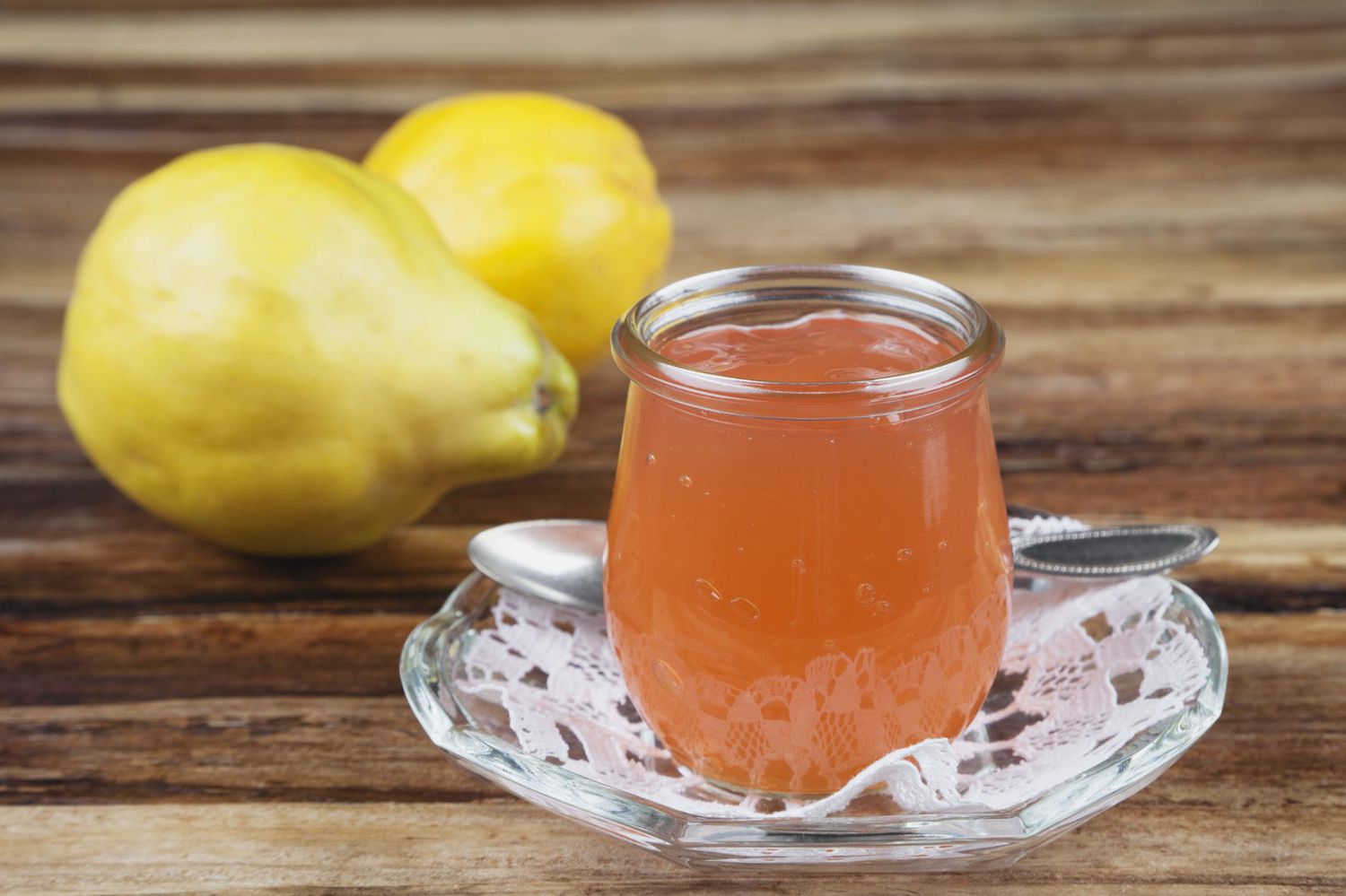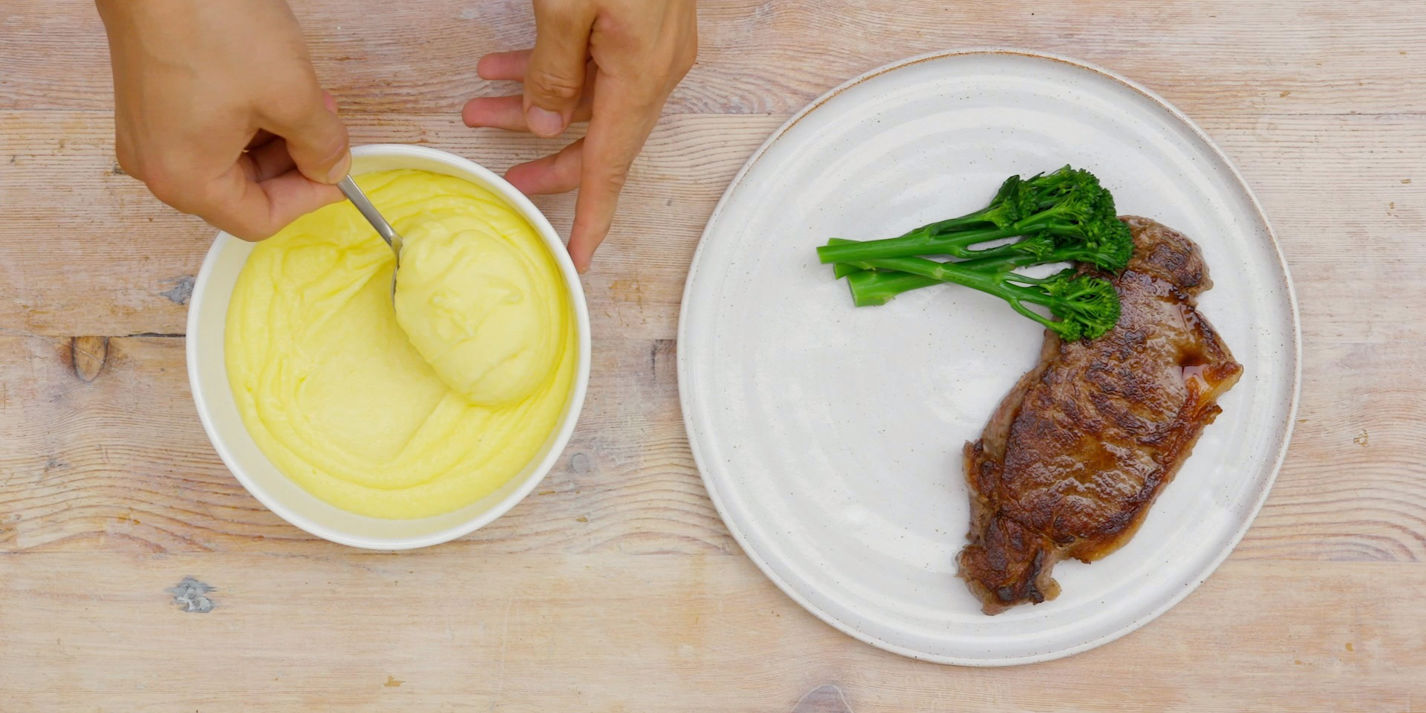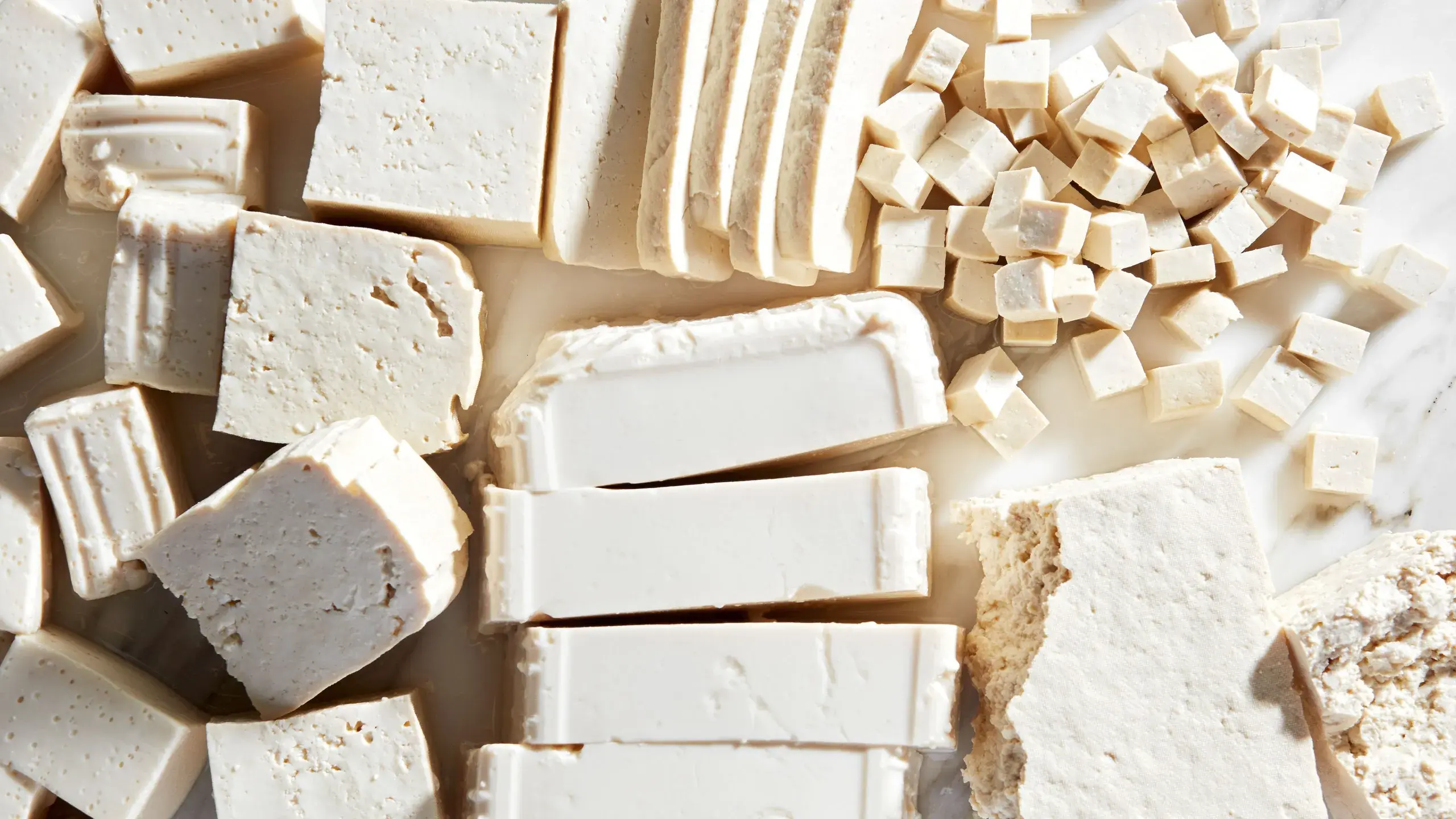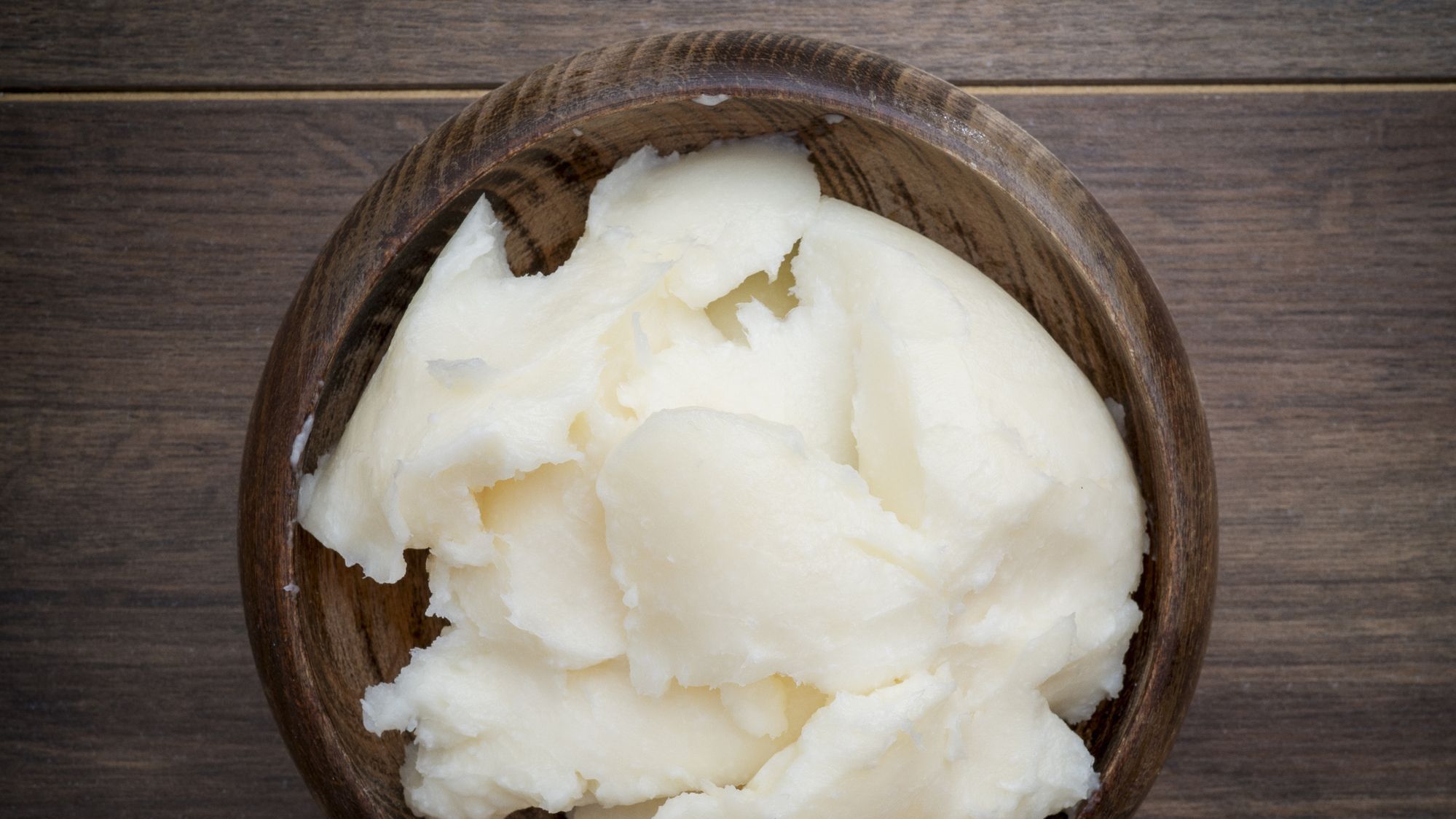All About Swiss Chard
Swiss chard is a leafy green vegetable that is not only delicious but also packed with essential nutrients. It belongs to the same family as beets and spinach and is known for its vibrant, colorful stems and large, dark green leaves. If you’re wondering what makes Swiss chard so special, keep reading to discover the many benefits and versatile uses of this nutritious vegetable.
Nutritional Benefits
Swiss chard is a nutritional powerhouse, offering a wide range of vitamins, minerals, and antioxidants. Here are some of the key nutrients found in Swiss chard:
- Vitamin K: Swiss chard is an excellent source of vitamin K, which is essential for bone health and blood clotting.
- Vitamin A: The vibrant green leaves of Swiss chard are rich in vitamin A, which is important for vision and immune function.
- Vitamin C: This antioxidant vitamin is abundant in Swiss chard and supports immune health and collagen production.
- Magnesium: Swiss chard provides a good amount of magnesium, which is crucial for muscle and nerve function.
- Potassium: As an electrolyte, potassium is vital for maintaining proper fluid balance and muscle function.
How to Enjoy Swiss Chard
Swiss chard is incredibly versatile and can be enjoyed in a variety of ways. Here are some popular methods for incorporating Swiss chard into your meals:
- Sauteed: Heat some olive oil in a pan, add chopped garlic and Swiss chard, and sauté until the leaves are wilted. Season with salt, pepper, and a splash of lemon juice for a simple and delicious side dish.
- Added to Soups and Stews: Chop the stems and leaves of Swiss chard and add them to soups and stews for an extra boost of nutrients and flavor.
- Raw in Salads: The tender leaves of Swiss chard can be enjoyed raw in salads. Simply chop or tear the leaves and toss them with your favorite salad ingredients.
- Stuffed and Baked: Use Swiss chard leaves as a wrapper for a flavorful stuffing, then bake until tender for a unique and nutritious dish.
Health Benefits
In addition to its impressive nutritional profile, Swiss chard offers a range of health benefits. Some of the potential health benefits of consuming Swiss chard include:
- Heart Health: The high levels of potassium and magnesium in Swiss chard can support heart health and help regulate blood pressure.
- Blood Sugar Control: The fiber and antioxidants in Swiss chard may help regulate blood sugar levels, making it a valuable addition to a diabetic-friendly diet.
- Eye Health: The vitamin A and lutein found in Swiss chard are beneficial for maintaining healthy vision and protecting against age-related macular degeneration.
- Bone Strength: The combination of vitamin K, calcium, and magnesium in Swiss chard supports bone health and may help prevent osteoporosis.
In Conclusion
Swiss chard is a nutrient-dense vegetable that offers a wide array of health benefits and culinary possibilities. Whether you sauté it as a simple side dish or incorporate it into your favorite recipes, Swiss chard is a delicious way to boost your nutrient intake and support overall health. So, next time you’re at the grocery store or farmers’ market, be sure to pick up some Swiss chard and get creative in the kitchen!
Was this page helpful?
Read Next: What Is Ube?











